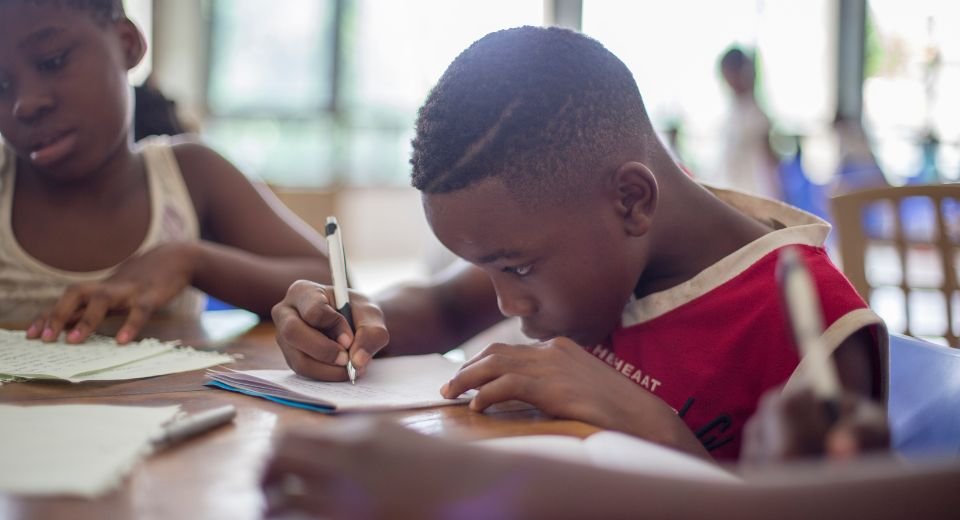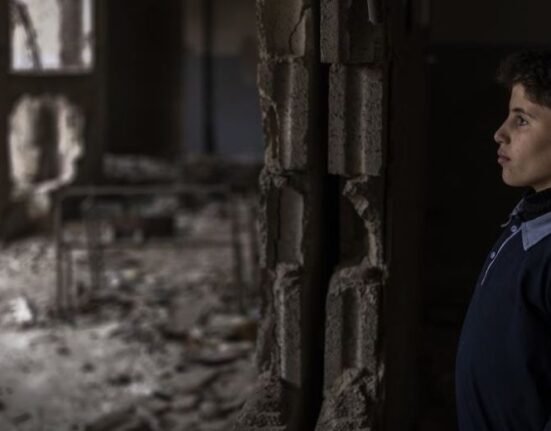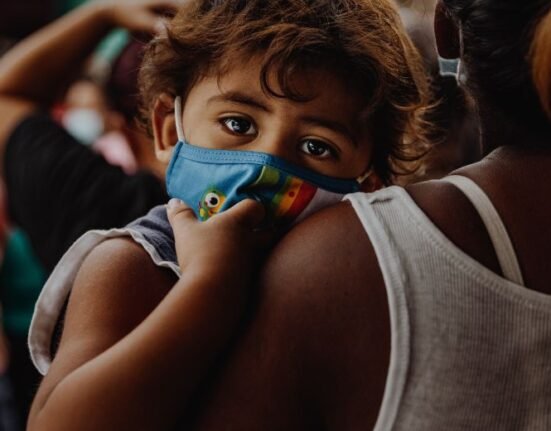HQ Team
February 17, 2023: About 78 million children worldwide don’t go to school because of conflict, climate disasters and displacement, according to a UN statement.
No one should be denied their chance to learn, UN Secretary-General António Guterres said at an Education Cannot Wait conference in Geneva. “Tens of millions more receive only sporadic teaching.”
Education Cannot Wait (ECW) is the United Nations’ global fund for education in emergencies and protracted crises. ECW works through the multilateral system to increase the speed of response in situations and connect immediate relief and longer-term interventions through multi-year programming.
The body works closely with governments, public and private donors, UN agencies, civil society organizations, and other humanitarian and development aid actors to increase efficiencies and end siloed responses.
“A full 222 million children today experience blighted education today,” Mr Guterres said. “To help them, 18 countries and private partners have pledged $826 million for ECW on the opening day of the landmark conference.”
Right to quality education
“No matter who you are, no matter where you live, no matter what barriers stand in your way, you have the right to quality education.”
Since ECW was established in 2017, the fund has trained 87,000 teachers and given seven million children in crisis the “education they deserve,” he said.
The UN Special Envoy for Global Education said: “We are talking about the most isolated, desolate, the most neglected children of the world.”
“We’re talking about girls who find themselves trafficked or forced into child labour or marriage unless we can help them.”
During the conference, Somaya Faruqi narrated how she had fled the country when the Taliban seized power in August 2021 in Afghanistan, and many of her “sisters” were left behind.
Her girlfriends are now unable to study after being banned from attending class by the Taliban, said 20-year-old Faruqi. “Every day, I receive messages from my friends that they are forced to marry, regardless of their age or consent.”
‘Faruqi’s ventilator’
Ms Faruqi, originally from Herat in western Afghanistan, is now studying mechanical engineering at the Missouri University of Science and Technology in the US.
Faruqi and her team designed and made a low-cost ventilator prototype at the peak of the COVID-19 pandemic with the help of the Afghan health ministry.
“The school was not just a place of learning but a sanctuary where I could be myself, make friends, and dream big. I cherished the opportunity to learn new things, and each day felt like a precious gift,” she told UN News.









1 Comment